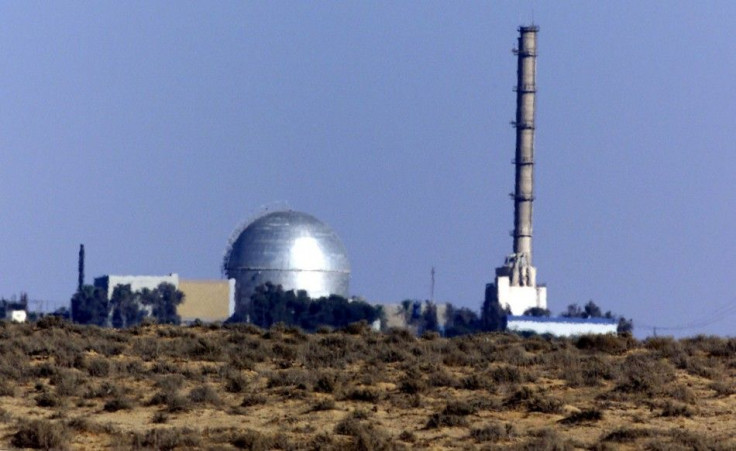Israel To Phase Out Civilian Nuclear Reactor By 2018

Israel will phase out the use of its civilian nuclear reactor by 2017 or 2018, its director said Tuesday.
The small facility at Soreq, outside of Tel Aviv, will be replaced by a particle accelerator that will cover most of the research and medical functions currently served by the reactor.
We could use more fuel, but if the decision is to make do with the alternative, then that is the way it will be, Hanoch Hirschfeld, the facility's director, told Reuters.
The Soreq reactor opened in 1960 using uranium fuel from the United States. By closing its only civil facility, Israel will be able to keep foreign nuclear inspectors out of the country, although officials said they would stay involved with the International Atomic Energy Agency.
Israel has not signed the NPT [Non-Proliferation Treaty] and so, by definition, when Soreq is closed the inspections will no longer take place, stated David Danieli, deputy director of the Israel Atomic Energy Commission.
Israel is believed to have hundreds of nuclear weapons, which, if true, would make it the only country in the Middle East to possess them.
Israel has never outright said that it is able to produce nuclear missiles, but a reactor in the Negev Desert outside the city of Dimona is believed to be used for military purposes. The Dimona facility is also believed to have been the place where Israel tested the Stuxnet computer virus that attacked computers at Iranian nuclear facilities in 2010.
The Soreq facility has around 15 employees.
© Copyright IBTimes 2025. All rights reserved.





















